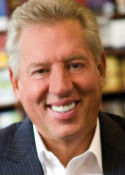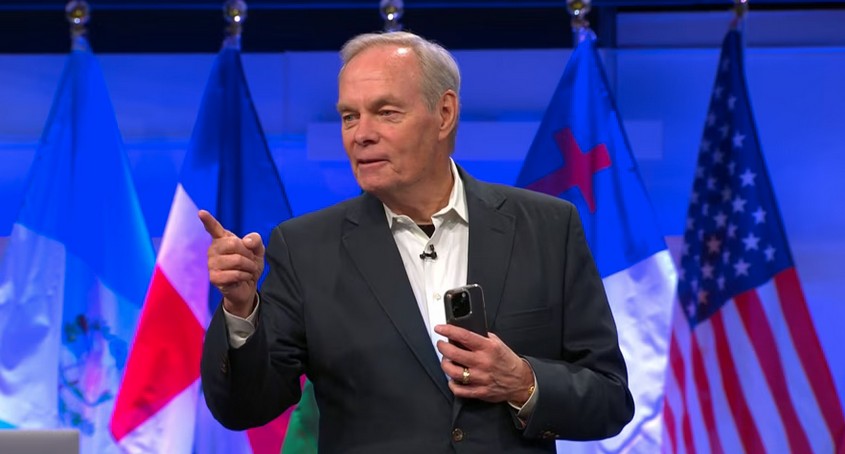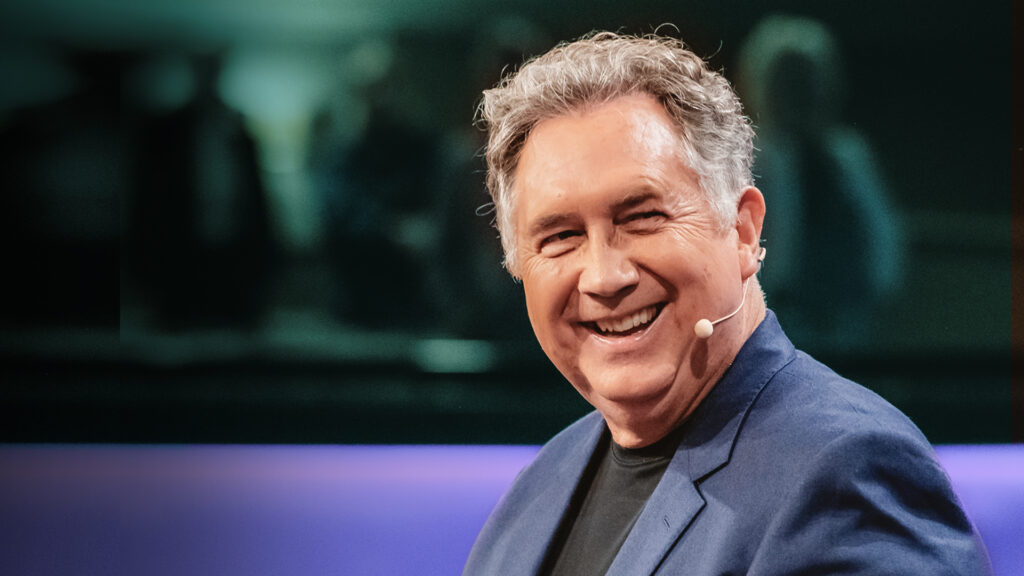Have you ever had someone on your team who defies your best efforts to lead? No matter what you try, you just can’t seem to get the best out of him or her? And as a result, the team never quite reaches its potential?
Everybody faces that situation. It’s a part of leadership. But how do you solve it? What do you do with the person who is too tentative to be an impacting part of the team? Or the grandstander who wants glory more than anything else? Or the past high performer who has been in a slump so long that he no longer shines?
Do you cajole them into moving forward? Do you give them a swift kick? Or do you simply show them the door and move on?
If you are a leader, then you have probably spent a lot of time trying to answer those kinds of questions. I know I have. Building an effective team is not an easy task. Being able to do it while including difficult people is even harder. But it can be done.
I believe the key to moving people forward involves four things:
- Consider
The first thing you must do is consider whom you are working with. Whether you are dealing with a difficult person or an all-star performer, you need to know who he or she is. Who is that person as an individual? What motivates him? What does she need?Part of the art of leadership is discovering the unique relationship between the needs of the individual and the organization. As the leader, you should already know what the organization needs. Learning about your people is the other part of that equation.
- Communicate
The only way that people will know that you and the organization intend to meet their needs is for you to tell them. The better communicator you are, the more vivid the picture you will be able to create. - Connect
Once you’ve figured out what you can do to help the person and told him how you will do it, you need to follow through — before asking the individual to do things in return for you. If you make your goal to add value first, you will almost certainly make a connection. - Commit
The last aspect of moving people forward involves commitment – from you and the individual you are leading. People working together ultimately succeed or fail based on their commitment to one another, whether they are in sports, business, or ministry.
Right now you may be saying to yourself, “Okay, the guidelines you’ve given are fine, but what do I do with my difficult person?”
Over the years, I’ve found that the most difficult people I’ve had to lead fall into seven categories. Beginning today and continuing during the next few months, I want to teach you how to connect with, lead, and succeed with those seven most difficult types of people.
If you’re ready to begin turning around the people who are bringing down your organization, then start this month by reading about Fearful Fred.
monthly e-newsletter: Leadership Wired available at www.INJOY.com.
John Maxwell grew up in the 1950s in the small Midwestern city of Circleville, Ohio. John's earliest childhood memory is of knowing that he would someday be a pastor. He professed faith in Christ at the age of three, and reaffirmed that commitment when he was 13. At age 17, John began preparing for the ministry. He attended Circleville Bible College, earning his bachelor's degree in 1969. In June of that same year, he married his sweetheart, Margaret, and moved to tiny Hillham, Indiana, where he began his first pastorate.
While serving in his second church, Maxwell began to study the correlation between leadership effectiveness and ministry effectiveness. On July 4, 1976, while preaching at a service commemorating America's bicentennial, John sensed that God was calling him into a ministry to pastors. Within days after that event, pastors began to contact him, asking for his assistance in nurturing their churches. Over the next four years, on an informal basis, John helped scores of fellow pastors. Then, in 1980, he was asked to become Executive Director of Evangelism for the Wesleyan denomination.
Though his time at Wesleyan headquarters was productive, John soon realized that his deeper desire was to help pastors from numerous denominations. He knew that desire would be unfulfilled if he were to stay at denominational headquarters. As a result, in 1981 John accepted the call to return to the pastorate, this time at Skyline Wesleyan Church in the San Diego, California area. But he did so with the church's blessing to pursue his vision. The Skyline congregation allowed him to continue mentoring and assisting pastors even as he led them to new levels.
In 1985, as he continued to equip and encourage other pastors, John took the next crucial step in leadership development. He founded a new company called INJOY and created the INJOY Life Club, featuring a monthly tape for leaders. The fledging operation, established in the corner of a garage, was soon bursting at the seams. The INJOY Life Club tapes were received with great enthusiasm, and the number of subscriptions quickly increased from hundreds to thousands. Simultaneously, the demand for other resources and seminars exploded. Pastors from coast to coast were responding, and their desire for help was even greater than John had anticipated.
As the years passed, INJOY began demanding more and more of John's time. In 1995, he resigned from his position as senior pastor at Skyline following a very fruitful 14-year tenure. The church had tripled in size and its lay ministry involvement had increased ten-fold. Dr. Maxwell is in great demand today as a speaker. Through his bestselling books, audio and video resources, and major conferences, he communicates directly with more than one million people every year. He is frequently asked to speak for organizations such as Promise Keepers and Focus on the Family, but his greatest joy and desire is to help pastors become better leaders.
Because the need for leadership development knows no borders, John established EQUIP, a non-profit organization which trains leaders in urban communities, academic institutions, and within international organizations. EQUIP is also spearheading a movement which has enlisted more than one million pastoral prayer partners who covenant to pray specifically for those who shepherd God's flock.
John continues to seek new opportunities to help churches and church leaders. He knows that one thing is constant: the only hope for the world is salvation through the Lord Jesus Christ, who gives life abundantly.






